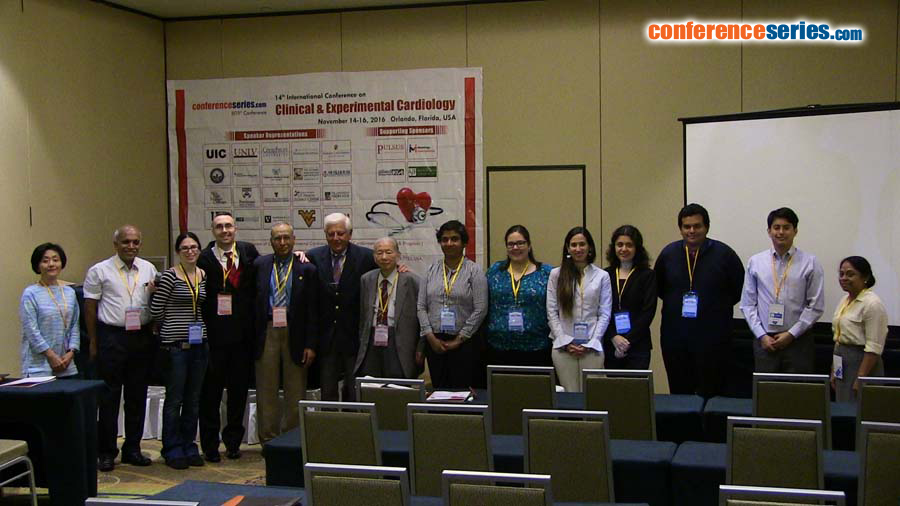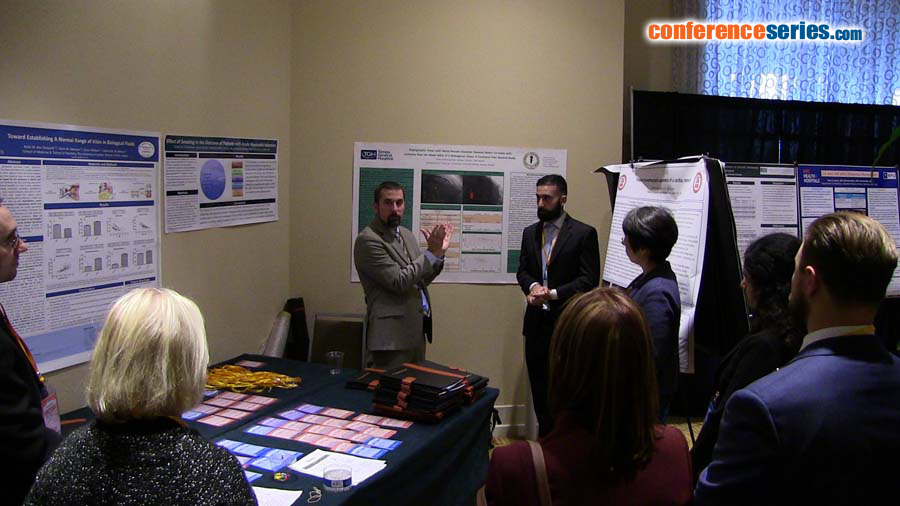
Tamara Feygin
University of Pennsylvania, USA
Title: Prenatal MR imaging of congenital heart diseases and associated abnormalities
Biography
Biography: Tamara Feygin
Abstract
A variety of congenital heart diseases (CHD) may be diagnosed prenatally. Traditionally, the fetal heart was primarily assessed by fetal echography. However, fetal MRI has been proven as a helpful imaging tool in detection of cardio-vascular anomalies in utero. Numerous conditions, including transposition of great vessels, aorta coarctation, hypoplastic left heart syndrome, tetralogy of Fallout, cardiac aneurysm, pericardiac/cardiac tumors may be demonstrated on MR imaging. In addition, presence of other coexisting anomalies outside of the cardio-vascular system may be revealed. Some cardio-vascular anomalies may be more than an isolated problem and could be a part of an underlying systemic/genetic condition. Even in the absence of genetic abnormalities, infants with CHD are at increased risk of brain lesions (15-45%) or neurodevelopmental delay. There is numerous data from autopsy reports, postnatal imaging and from more recent prenatal imaging research that congenital heart defects delay structural brain development in utero. The demonstration of a full spectrum of fetal anomalies provides extremely valuable information to clinicians and parents-to be. Fetal MR may be a feasible addition for timely and precise diagnosis of cardiac disease and associated anomalies. Prenatal imaging therefore helps to predict pregnancy outcome, and prepares couples for the birth of a child with an abnormality. The obtained information may also assist in thorough screening of fetal patients for eligibility for fetal treatment. It may help to prognosticate to some degree important issues of patient’s developmental outcome and quality of life.



